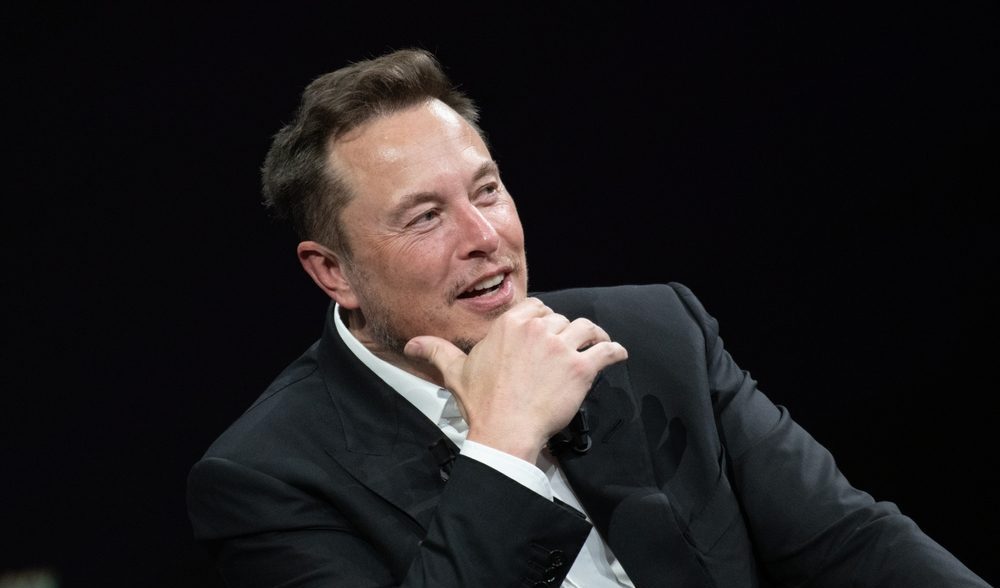Elon Musk's X Takes Legal Action Against Lego, Shell, Nestlé, and Others Over Advertising Boycott.
Musk's legal team has filed an updated complaint in 2024, broadening the scope of its ongoing lawsuit against the Global Alliance for Responsible Media (GARM) and its member companies. The lawsuit accused a group of major corporations, including CVS, Mars, Ørsted, and Twitch, of conspiring to collectively withhold advertising revenue from X after Elon Musk acquired the platform in 2022.
The updated complaint now includes additional prominent companies such as Nestlé, Abbott Laboratories, Colgate-Palmolive, Lego, Pinterest, Tyson Foods, and Shell International. The core accusation is that these companies, as part of GARM, coordinated to pressure X by halting their ad purchases to enforce adherence to specific brand safety standards. These standards were supported by GARM but, according to Musk’s team, were restrictive and unfairly impacted X's ability to generate revenue.
Musk's legal team argues that this collective action among advertisers violates antitrust laws, as it bypasses the competitive process, undermining the platform’s ability to make independent decisions regarding its own brand safety guidelines. Musk contends that each platform should have the autonomy to define its own policies in alignment with its unique audience, rather than being dictated by a powerful group of advertisers.
In the revised complaint, Musk’s team also highlights that these companies celebrated when X’s revenue fell short of its projections, contributing to an ongoing impact on the platform's financial performance. Despite implementing safety measures that exceed GARM's requirements, X’s ability to recover from the boycott remains hindered, and the legal action seeks to challenge the companies' collective influence over the platform’s policies.
Musk's lawyers has taken a strong stance, arguing that social media platforms should be free to establish their own brand safety guidelines, tailored to their unique environments and audiences.
"But collective action among competing advertisers to dictate brand safety standards to be applied by social media platforms shortcuts the competitive process and allows the collective views of a group of advertisers with market power to override the interests of consumers," the complaint states.





















